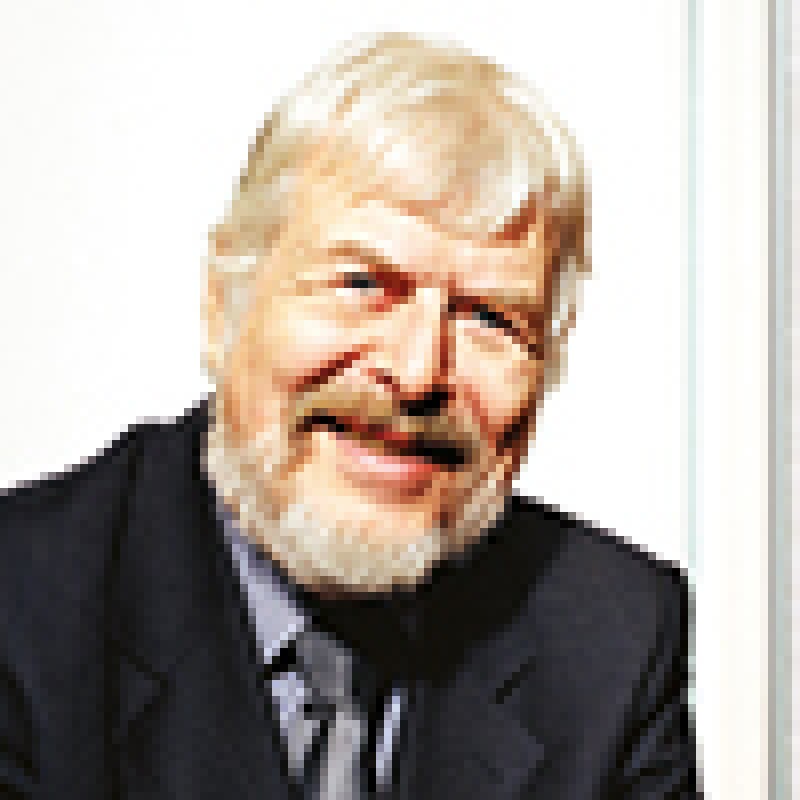During the time of the Austro-Hungarian Monarchy, a famous hotel existed in Vienna. Its name was Meissl & Schadn and its restaurant was very well-known for its high-end beef dishes.
For some decades now, a well-known chain of restaurants in Vienna that specialises in high-quality beef dishes has existed. Its name is Plachutta.
In 2000 Plachutta registered the trade mark Meissl & Schadn in class 42 for the running of restaurants and cafés. It was for use as a secondary trade mark. In brochures, menus, its cookbooks and other material it purported to continue the tradition of the old Meissl & Schadn and saw itself as its successor.
A short time ago, a new hotel opened on the prestigious Ring with a fashionable old Viennese-style restaurant called Meissl & Schadn. This restaurant also specialises in traditional, high-end Viennese cooking, using beef as the basis of many of its dishes. The existence of the trade mark Meissl & Schadn registered in the name of an established, famous competitor posed too great a danger to the new business. As a result, a cancellation action was started on the basis of non-use.
Plachutta used the trade mark Meissl & Schadn solely in print and that too only in order to point to the tradition of Viennese beef cooking. The trade mark had no specific and concrete connections to certain services which would enable consumers to distinguish these services from those of other enterprises. However, this is the essence and purpose of trademarks. Consumers were not able to distinguish the origin of certain specific services by hearing or reading the trade mark Meissl & Schadn from the same services offered by others. Consequently, a trade mark was not established. The mere use of it as a reference to an old tradition did not suffice. The trade mark Meissl & Schadn was cancelled due to non-use.
Normally, restaurant services are carried out under the name of the restaurant and this is also its trademark. The above case shows the difficulties that arise when trying to establish a second trade mark.

|
Helmut Sonn |
SONN & PARTNER Patentanwälte
Riemergasse 14
A-1010 Vienna, Austria
Tel: +43 1 512 84 05
Fax: +43 1 512 98 05











